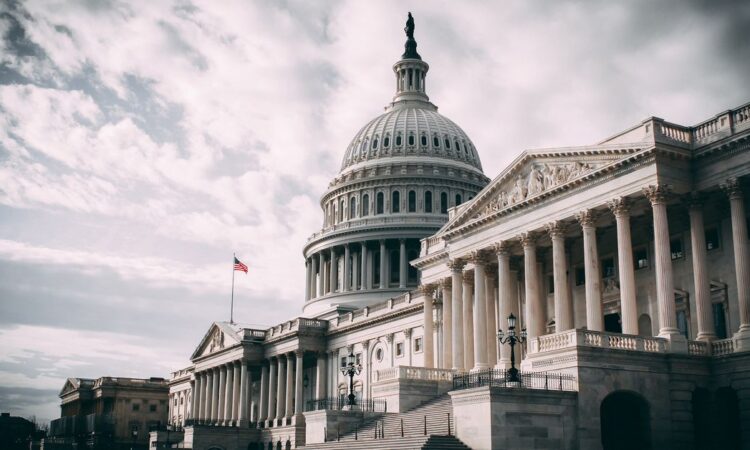
CORRECTION (Feb. 2, 14:24 UTC): A previous version of this story said in the headline that the Senate Banking Committee was releasing its priorities for a crypto regulatory framework, not Sen. Scott.
U.S. Sen. Tim Scott (R-S.C.), the top Republican on the Senate Banking Committee, wants to start work on a bipartisan regulatory framework for cryptocurrency on Thursday, he said in a Thursday statement.
“The committee should work to facilitate a bipartisan regulatory framework,” said Scott, whose participation will be key, because that committee would need to clear any major crypto legislation. Scott hasn’t addressed his views on crypto, so the industry has been eager to hear from him. He’s now moved into the position once occupied by former Sen. Pat Toomey, one of the industry’s most staunch champions in Congress.
So far, Scott’s brief Thursday statement, which included digital assets regulation as one of his seven priorities for this new session of Congress, read as skeptical on the industry.
“Recent years have seen expansive growth in the digital assets industry, including an increasing number of consumers interacting with cryptocurrencies,” Scott’s statement read. “Several high-profile failures resulted in lost consumer assets, exposed regulatory gaps, and highlighted concerns with illicit finance.”
U.S. lawmakers are expected to get to work on the first significant pieces of crypto legislation this year. Senate Banking Committee Chairman Sen. Sherrod Brown (D-Ohio) paved the way for crypto legislation in November, sending a letter to U.S. Treasury Secretary Janet Yellen revealing his willingness to work towards a wide-ranging regulatory framework.
This committee has widely been seen as a bottleneck for regulatory efforts, which have made more progress in other corners of Capitol Hill, such as the House Financial Services Committee and Senate Agriculture Committee. If Scott and Brown find common ground, the panel could become a key venue for what Congress produces on crypto regulation.
UPDATE (Feb, 2, 2022, 17:51 UTC): Adds quotes from senator’s statement.






